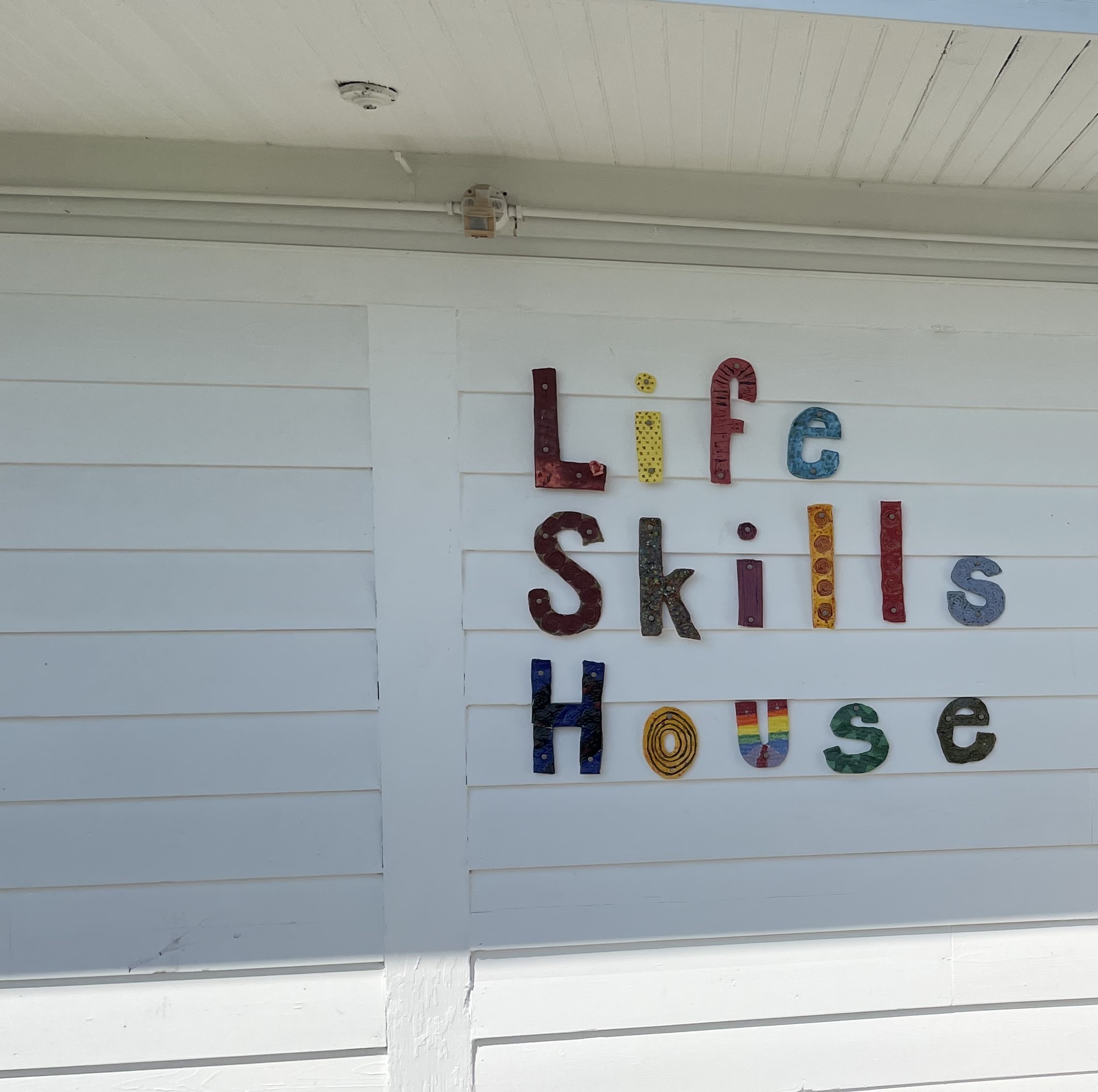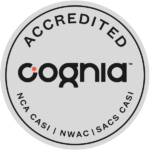Nurturing Independence: The Significance of Daily Living Skills for Autistic Individuals
For many individuals on the autism spectrum, navigating daily life can present unique challenges. From social interactions to sensory sensitivities, the world can often feel overwhelming. However, amidst these challenges, the development of daily living skills stands as a beacon of empowerment and independence.
Daily living skills encompass a broad range of tasks essential for independent living, including personal hygiene, meal preparation, household chores, time management, and financial management. While mastering these skills may seem mundane to some, for autistic individuals, they represent crucial milestones on the path to autonomy and self-sufficiency.
One of the primary benefits of daily living skills for autistic individuals is the enhancement of self-esteem and confidence. As they acquire new skills and accomplish tasks independently, they experience a sense of pride and accomplishment. This positive reinforcement fosters self-belief and encourages them to tackle new challenges with determination and resilience.
Moreover, proficiency in daily living skills enhances social integration and community participation. When individuals can manage personal care routines, prepare meals, and maintain a clean living environment, they gain confidence in social settings. They can engage more comfortably with peers, family members, and professionals, thus expanding their social network and opportunities for meaningful connections.
Additionally, mastering daily living skills promotes greater independence and reduces reliance on others for support. This independence is not only empowering for autistic individuals but also alleviates the burden on caregivers and family members. It fosters a sense of autonomy and self-reliance, enabling individuals to lead more fulfilling and self-directed lives.
Furthermore, daily living skills contribute to improved quality of life and overall well-being. When individuals can effectively manage their daily routines, they experience less stress and anxiety. They have a greater sense of control over their environment, which can help mitigate sensory sensitivities and other challenges associated with autism. This, in turn, promotes mental and emotional health, leading to a more balanced and fulfilling lifestyle.
However, it’s essential to recognize that acquiring daily living skills may require tailored support and accommodations. Autistic individuals may benefit from specialized training programs, visual aids, social stories, and sensory-friendly environments to facilitate skill development. Patience, encouragement, and positive reinforcement are also key components of effective skill-building initiatives.
Moreover, it’s crucial to approach skill development holistically, considering individual strengths, preferences, and needs. What works for one person may not necessarily work for another, so flexibility and individualization are paramount. By taking a person-centered approach, caregivers, educators, and support professionals can maximize the effectiveness of skill-building interventions and empower autistic individuals to reach their full potential.
At Shrub Oak International School our commitment to fostering daily living skills is exemplified through our Life Skills House on campus. Designed to provide immersive, real-world experiences, the Life Skills House offers a supportive environment where students can practice and refine essential activities of daily living (ADLs) in a structured yet homelike setting. Under the guidance of staff, students learn practical skills such as cooking, cleaning, personal hygiene, and time management, empowering them to navigate everyday tasks with confidence and independence. Through hands-on learning opportunities and individualized support, the Life Skills House at Shrub Oak International School embodies our holistic approach to education, ensuring that our students not only succeed academically but also thrive in all aspects of life.
In conclusion, daily living skills play a pivotal role in the lives of autistic individuals, promoting independence, confidence, and overall well-being. By mastering essential tasks, such as personal hygiene, meal preparation, and household chores, individuals gain autonomy and self-sufficiency, enhancing their quality of life and social integration. With tailored support and a person-centered approach, autistic individuals can cultivate the skills they need to thrive in a world that celebrates diversity and inclusion.









